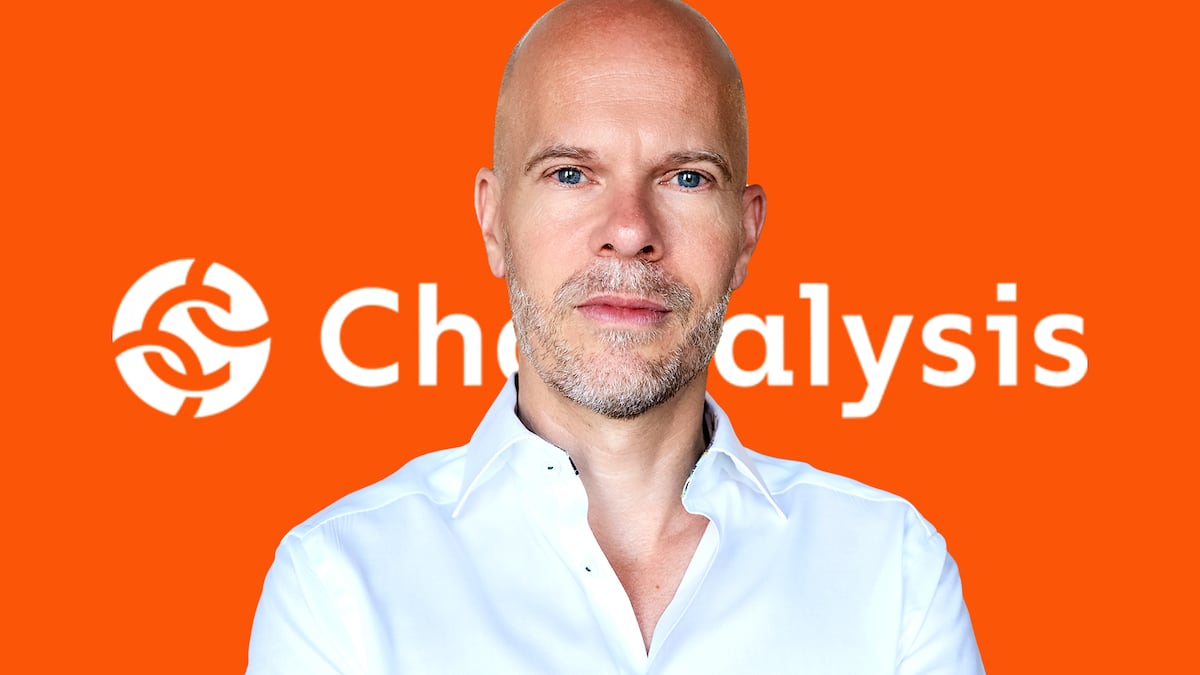- Chainalysis is one of the oldest blockchain analytics companies in crypto.
- About two-thirds of its revenue comes from government and other public sector agencies.
- CEO Michael Gronager says he expects that to change.
Blockchain analytics firm Chainalysis has a big roster of government and other public sector clients.
Approximately two-thirds of the company’s revenue comes from its deals with law enforcement, tax agencies, and other government entities, Michael Gronager, co-founder and CEO, told DL News at the crypto conference Token2049.
However, he expects that to change.
“You will see the private sector outperforming the public sector,” he said, in reference to Chainalysis’ revenue split.
Stablecoin rules
His prediction comes as the European Union and other countries pass regulations that require crypto firms to register their activities with the government.
In the EU, the Markets in Crypto-Assets Regulation, or MiCA, took effect in July 2023. Part of the legislation’s remit includes the regulation of stablecoins.
The new law stipulates that crypto firms need to secure payments licences and adhere to reserve requirements.
If more countries pass new crypto regulation like MiCA and then traditional financial institutions decide to deal in stablecoins, Chainalysis will “suddenly have 10,000 customers worldwide with huge pockets,” Gronager said.
Why? Those institutions will all need to adhere to the new rules and use blockchain tracing tools, like those from Gronager’s firm, to ensure they’re compliant, he said.
Saturation point
And Chainalysis may need new, untapped customers from the private sector to continue to grow.
The analytics firm already works with 250 government agencies in 50 countries. There’s an upper limit on how many more contracts Chainalysis can land in the public sector, Gronager said.
“Is there 1,000? Probably not.” Gronager said, in reference to how many government agencies have yet to sign with Chainalysis. “Is there 300? Probably yes.”
Still, he did say that the scale of the contracts the analytics firm has with governments can grow.
In other words, Chainalysis can persuade existing public sector customers to use more products and tools that would net the firm more revenue.


